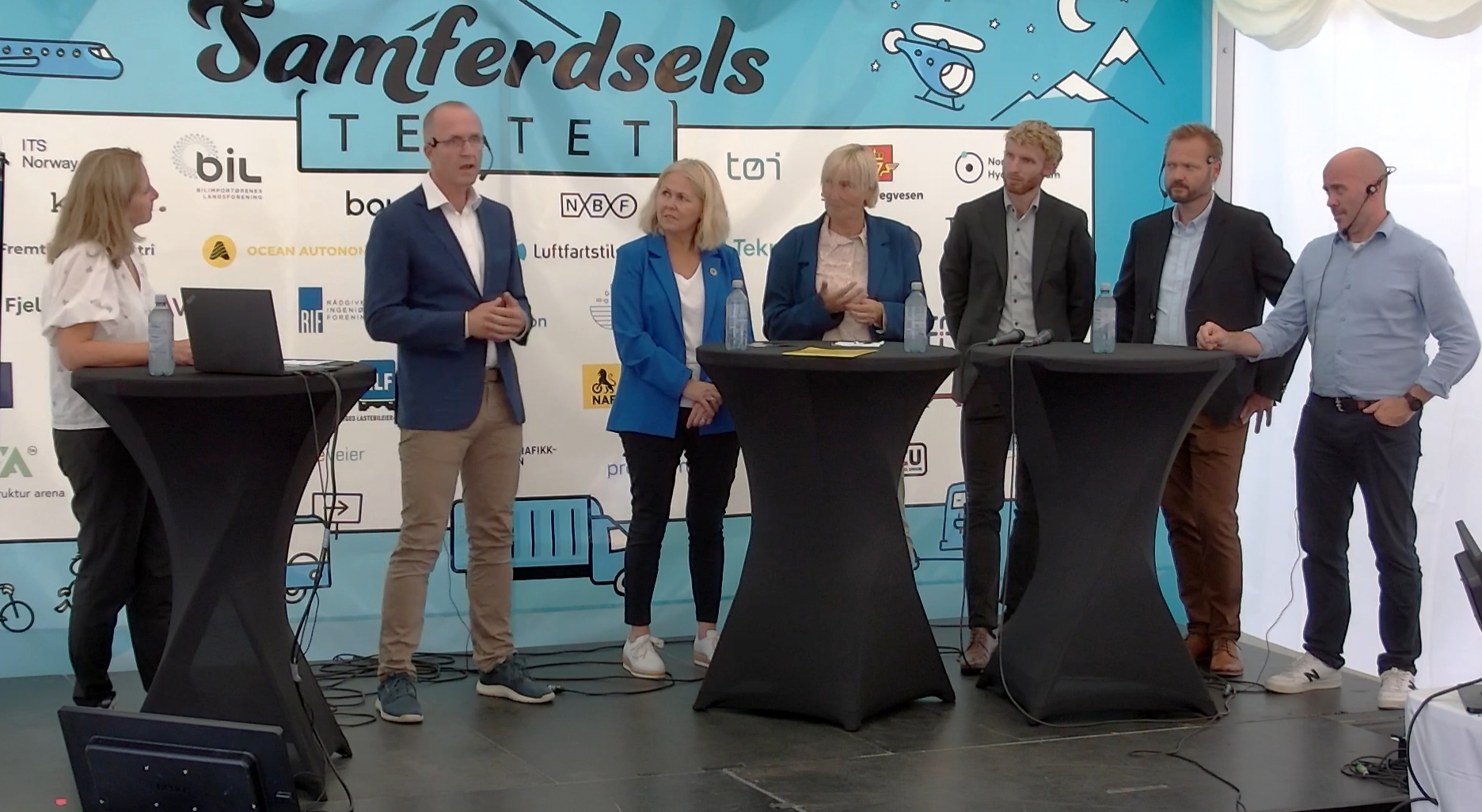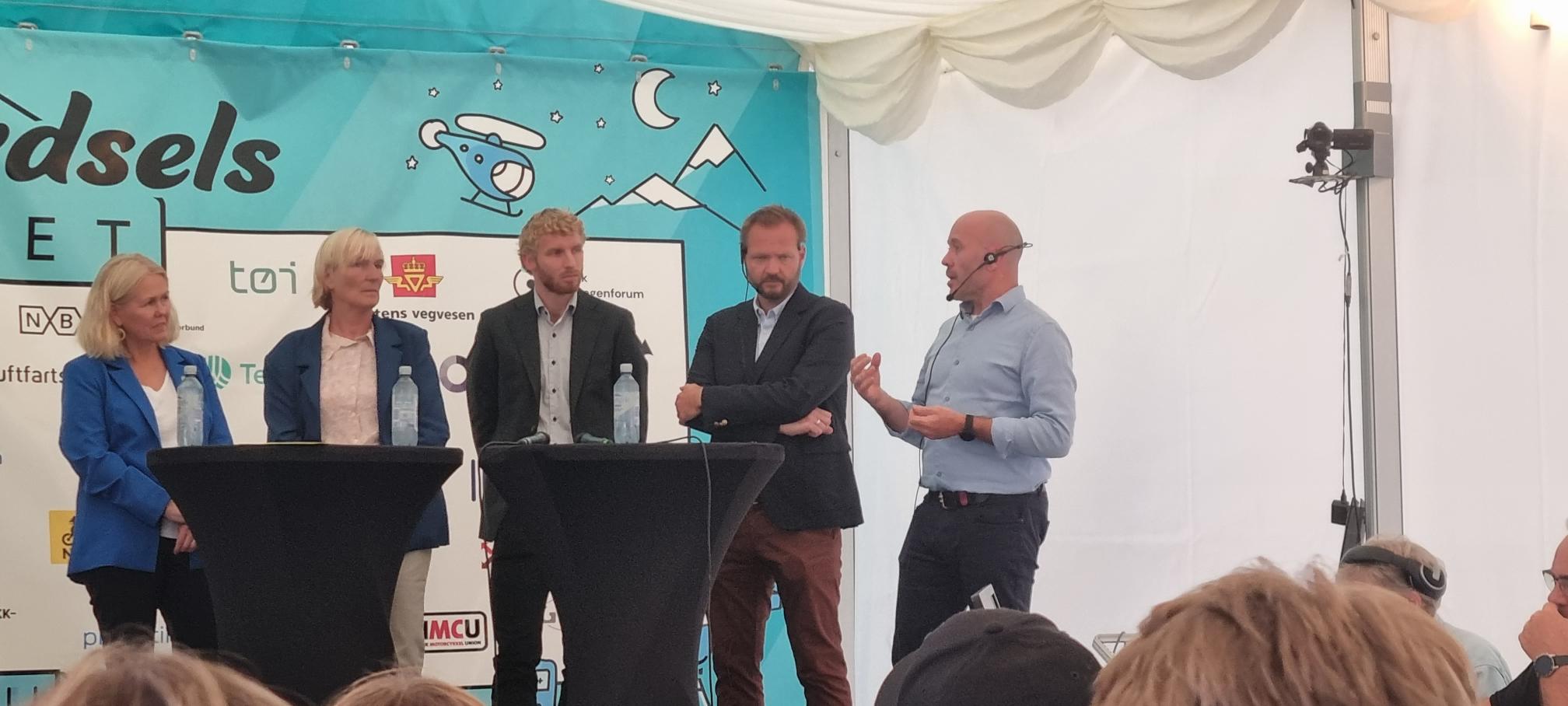Smart, green, maritime technology on the agenda during Arendal Week
What's needed for Norwegian shipping companies to find it worthwhile to invest in environmentally friendly solutions and advanced technology?
Maritime transport has a vital role in the green shift; More freight and passenger transport at sea contributes to reduced emissions, less traffic congestion on the road, and more efficient transportation. But when the regulations lag behind technological developments, the support schemes fail, and the business world has to bear the risks, the transition to a more sustainable transport sector is slow - and at the expense of Norwegian companies.
We invited a broad panel to delve into the question; What will it take to reach the goal faster with the major restructuring the maritime sector faces?
- Norway is at the forefront of maritime technology, but as a start-up company, we have to look internationally to scale up, said Erik Dyrkoren, CEO and co-founder of the OAC cluster member and technology company Zeabuz.
This summer, the company launched the world's first commercial, self-driving passenger ferry in Stockholm. Such a venture seems more demanding in Norway.
Capital flight and investor reluctance are challenging for maritime technology companies, and Dyrkoren warned that a too strong tax regime could limit the risk-taking ability of Norwegian investors.
- We must use purchasing power, said Kirsti Leirtrø (AP) from the Stortinget Transport and Communications Committee, and pointed out that public procurement can be an essential driving force for technological development.
But a lack of regulations and unclear framework conditions can make it challenging to navigate when developing a good transport offer, and close public-private cooperation becomes essential to ensure the best solutions. The shipping company Norled, the traffic company Kolumbus and the Norwegian Maritime Authority agreed.
- The energy transformation we are in the middle of presents challenges for the maritime and energy sectors; they have to deal with the fact that overnight they have become one energy system, not one fossil and one electric as before. Partners in our and other projects develop world-leading solutions to the challenges of energy density, energy weight, energy availability, lack of infrastructure, etc. The most significant risk now is not the maturity of the technology. It is unclear political leadership, expressed Thomas Bjørdal, head of the renewables cluster RENERGY.
- Executive authorities must ensure that the regulations are aligned with technology and that tenders, quotas, and licenses are effective tools, Bjørdal pointed out.
The discussion will probably continue long after the last day at Arendalsuka.
 Erik Dyrkoren from Zeabuz on the challenges and opportunities of being a Norwegian maritime tech startup.
Erik Dyrkoren from Zeabuz on the challenges and opportunities of being a Norwegian maritime tech startup.
 Thomas Bjørdal from RENERGY calls for clear leadership in the green shift.
Thomas Bjørdal from RENERGY calls for clear leadership in the green shift.